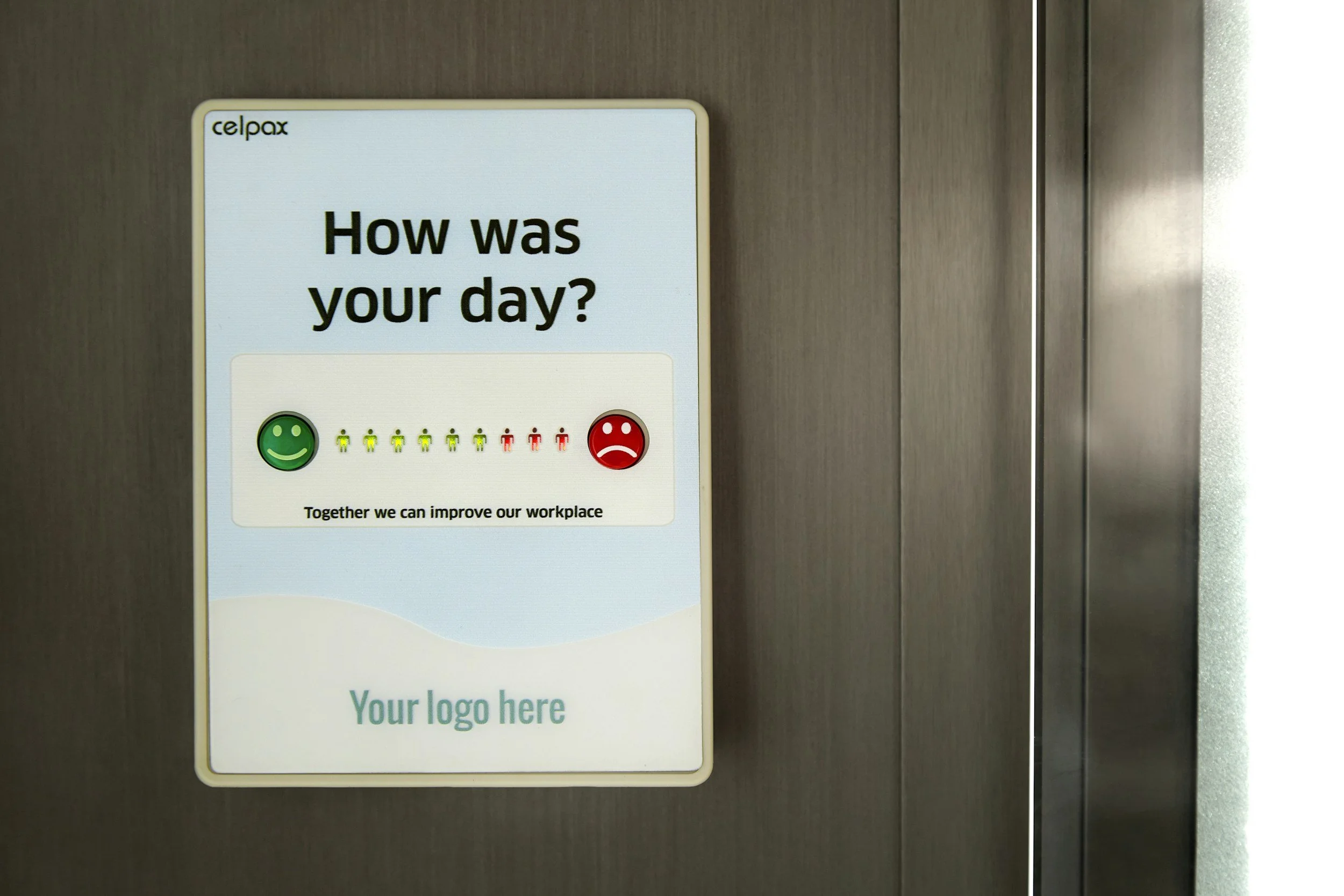NEWS
flexible working requests
Flexible working arrangements are now a cornerstone of modern employment, enabling employees to balance professional responsibilities with personal commitments. For HR professionals, managing flexible working requests effectively is crucial to maintaining productivity, employee engagement, and legal compliance.
As of 6 April 2024, under the Employment Relations (Flexible Working) Act 2023, employees have the legal right to request flexible working from day one of employment, removing the previous 26-week service requirement.
Additionally, employees can now submit two requests per year, doubling the previous allowance
Employers must respond to requests within two months, and are required to consult with employees before refusing a request. The process has also been simplified—employees no longer need to justify the impact of their proposed changes.
These changes reflect a broader shift toward flexible work culture and present an opportunity for HR teams to enhance inclusivity, retention, and workforce wellbeing.
Learning and development
The role of Human Resources has evolved beyond traditional functions, with Learning and Development (L&D) emerging as a key area where HR delivers measurable strategic impact. The intersection of HR and L&D is critical in driving organisational growth, enhancing workforce capabilities, and cultivating a culture of continuous improvement.
By aligning L&D initiatives with business goals, HR professionals can boost employee engagement, close skill gaps, and future-proof the organisation. This guide explores how strategic collaboration between HR and L&D can unlock performance potential and support long-term success.
Performance Management
Performance management is a critical component of effective human resource management, aimed at aligning individual performance with organisational goals. Implementing best practices in this area ensures employees remain engaged, motivated, and productive, ultimately driving business success. This guide outlines key principles and practical steps to optimise your performance management process.
Best Practice Guide to Supervisions and Appraisals
Effective supervisions and appraisals are essential elements of a high-performing performance management system. These processes create structured opportunities for continuous dialogue between managers and employees, boosting motivation, improving alignment with business goals, and supporting career development.
This guide outlines 10 best practices to ensure your supervision and appraisal processes are consistent, constructive, and impactful.
Neurodiversity - Benefits of a Diverse Workforce
Embracing Neurodiversity in the Workplace: Why Inclusion Matters
Neurodiversity in the workplace is gaining significant momentum as businesses recognise the value of embracing neurological differences. Conditions such as autism, ADHD, dyslexia, and dyspraxia are now understood as natural variations of the human brain—not deficits or disorders. Creating an inclusive workplace culture that supports neurodivergent employees is not just about meeting legal requirements or promoting fairness. It also provides a powerful competitive edge, driving innovation, productivity, and diverse problem-solving across teams.
reasonable adjustments
Reasonable adjustments are a vital part of creating an inclusive and equitable workplace. For HR professionals, these modifications or accommodations help remove barriers faced by employees or job applicants with disabilities or specific needs, ensuring equal access to opportunities and support.
By implementing reasonable adjustments, organisations not only comply with the Equality Act 2010 but also foster a culture of respect, accessibility, and productivity. This guide outlines practical steps HR teams can take to assess needs, engage in meaningful dialogue, and apply adjustments that enhance employee wellbeing and organisational performance.
access to work funding
Access to Work is a government scheme provided by the Department for Work and Pensions (DWP) in the UK, designed to support individuals with disabilities or health conditions in obtaining and maintaining employment. This funding can be crucial for creating a more inclusive workplace, enabling individuals to perform to their full potential.
employee handbook
An employee handbook is a foundational document for any organisation, serving as a central resource that outlines workplace policies, procedures, and expectations. For HR professionals, a well-crafted handbook ensures employees understand the organisational culture, their rights, and responsibilities from day one.
Beyond providing clarity, an effective employee handbook helps protect both the organisation and its workforce by promoting consistency, reducing legal risks, and supporting compliance with employment legislation. This guide explores the essential elements of an employee handbook and offers practical tips for developing a clear, inclusive, and legally sound document.
breastfeeding - employee rights in the workplace
Returning to work after maternity leave presents unique challenges for new mothers—particularly those who wish to continue breastfeeding. For HR professionals, understanding and supporting employees’ rights around breastfeeding and milk expression is essential for fostering a respectful, inclusive, and legally compliant workplace.
In the UK, breastfeeding employees are protected under several regulations, including the Equality Act 2010, which prohibits discrimination, and the Workplace (Health, Safety and Welfare) Regulations 1992, which require employers to provide suitable rest facilities for expressing milk. Toilets are not considered appropriate for this purpose
Employers should also conduct risk assessments for breastfeeding employees and offer flexible working arrangements where needed.
Providing a clean, private space and access to a fridge for milk storage not only meets legal obligations but also supports employee wellbeing and retention.
This guide outlines best practices for HR teams to create a breastfeeding-friendly environment, including policy development, communication strategies, and practical accommodations that benefit both employees and the organisation.
maternity leave
Maternity leave is a crucial element of employee benefits that supports parents during a significant life transition. It encompasses various aspects, including antenatal appointments, duration of leave, pay structure, annual leave implications, and processes for returning to work. This blog aims to provide clarity on the various dimensions of maternity leave.
infertility and the workplace
Infertility is a complex and often emotionally challenging experience that affects many individuals and couples, yet it is not a topic commonly addressed in workplace environments. As organisations strive to create inclusive and supportive workplaces, it is essential for HR professionals to understand how to manage infertility sensitively. This article will explore practical approaches to handling this issue, emphasising the significance of clear policies and fostering open dialogue.
tribunal - unfair dismissal
A recent employment tribunal has underscored the importance of maintaining professional standards during remote work—regardless of the day or setting. The case involved a digital production manager at the Financial Services Compensation Scheme (FSCS) , who was dismissed after unintentionally exposing himself during a Microsoft Teams meeting while not wearing clothing from the waist down.
Policies
Workplace policies are a foundational element of effective human resource management. They provide clear guidance on roles, responsibilities, and behavioural expectations, helping both employers and employees navigate day-to-day operations with confidence and consistency.
For HR professionals, developing comprehensive and accessible policies is essential for promoting a productive, compliant, and respectful work environment. Well-defined policies not only protect the organisation from legal risks but also safeguard employee rights and wellbeing. This guide explores how to create and implement workplace policies that support organisational goals, foster transparency, and enhance employee engagement.
Toxic Workplace behaviour
Toxic workplace behaviour can significantly impact employee morale, productivity, and retention. It is essential for organisations to address these behaviours promptly and effectively to foster a healthy work environment. Here are some strategies for identifying and managing toxic behaviours in the workplace.
Employee engagement
Employee engagement is crucial for fostering a productive and positive workplace. According to the Chartered Institute of Personnel and Development (CIPD), engaged employees contribute significantly to organisational success by improving performance, reducing turnover, and enhancing overall workplace morale. Here are best practice tips, grounded in CIPD guidance, to boost employee engagement within your organisation.
Job Descriptions
An accurate job description is fundamental to every successful organisation. It serves as the foundation for various HR processes, from recruitment to performance management. A well-crafted job description does more than clearly define roles; it aligns employee expectations, enhances job satisfaction, and ultimately drives organisational success.
Managing Stress
Managing stress and long-term absence in the workplace is a critical challenge for HR professionals. Effective management not only supports employee well-being but also enhances organisational performance. Here are some best practices based on CIPD advice to help you navigate this complex issue.
Employment RIgHts bill and zero hours contracts
The UK government's recent amendments to the employment rights bill extend measures against exploitative zero-hours contracts to include agency workers. This legislation grants agency workers the right to contracts with guaranteed hours based on a 12-week reference period, though they can opt to remain on their current contracts.
The Importance of a Good Employment Contract
An employment contract is a legally binding agreement that defines the working relationship between employer and employee, outlining expectations, rights, responsibilities, and obligations. It is crucial for both parties: it provides job security and basic rights for employees, while protecting the business and ensuring compliance for employers.



















